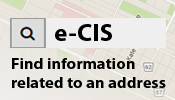Holiday season – View holiday hours for City of Winnipeg facilities and services from December 24 to January 1.
Mosquito Information
In the spring, Winnipeg usually receives large amounts of rain that revives the prairie landscape from its dormant state. Unfortunately, this rain and the winter snow-melt result in large amounts of standing water, setting the stage for a potential mosquito infestation. Winnipeg has 42 different mosquito species. Each species has its own preferred host(s).
What do mosquitoes look like?
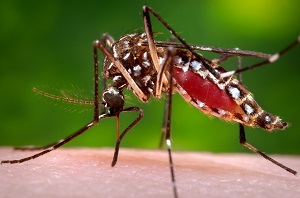 |
|
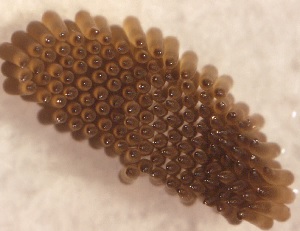 |
|
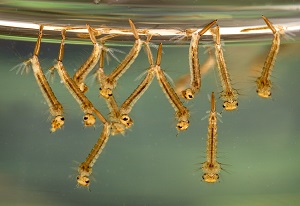 |
|
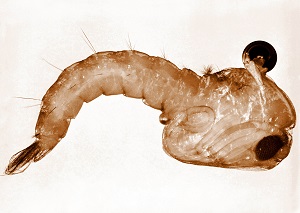 |
|
What is the life cycle of a mosquito?
Mosquitoes have a four-stage life cycle: egg, larva, pupa and adult. Only female mosquitoes need a blood meal, which they require to develop their eggs. The males, as well as females feed on nectar for their food source. During its life, a mosquito may take two or three blood meals and develop several hundred eggs each time. Most mosquitoes live four to eight weeks depending on environmental conditions. All female mosquitoes lay eggs in or around water. After being flooded with water, the eggs hatch into larvae and take about seven days depending on temperature to develop into adults. At the water surface, the larva changes to a pupa before emerging as an adult mosquito.
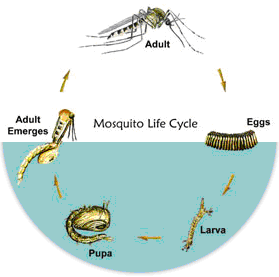
Where are mosquitoes found?
Many of the mosquito problems in your neighbourhood are a result of water-filled containers that you have sitting in your yard. The water in these containers can be easily eliminated to prevent mosquito larval development by draining, dumping or covering these items.
How can I control mosquitoes?
You can control mosquitoes around your home and neighbourhood by eliminating standing water. Several hundred mosquitoes can develop in a small amount of water. You can stop mosquito larval development by emptying, turning over or removing anything that can hold water for a week or longer.
Removing standing water is always your most permanent and effective means in reducing mosquito larval development. However in some situations where large standing bodies of water cannot be removed because of size or is an integral part of the ecosystem (marsh), and/or a pump isn't feasible there are domestic larvicides available called Aquabac® 200G and Mosquito Dunks®. All are sold at many home and garden centres. Aquabac® 200G and Mosquito Dunks® contain Bti (Bacillus thuriengensis var. israelensis), which is a biological insecticide that is specific to mosquito larva, and only effective at the larval stage of development. All Pest Control products purchased and used must be registered with Health Canada and contain a Pest Control Product (P.C.P. or PCP) Number on their label.
These are some suggestions that you can easily do to eliminate larval development in your yard:
- Fill in low lying areas where water accumulates
- Store inside, turn over or empty containers that hold water
- Store children's toys inside when not in use
- Clean and change bird baths weekly
- Install a circulating pump or add fish (goldfish, fat head minnows) to your ornamental pond
- Empty water from potted plant saucers
- Cover rain barrels with tight fitting screens or add 1 cup of bleach to a full barrel of water
- Keep eaves troughs free of debris
- Ensure drains are functioning properly on flat roofs
- Remove old tires or store indoors
- Clean and remove accumulated water from pool covers
- Chlorinate pools
How can I protect myself against mosquitoes?
There are many things you can do to protect yourself against mosquitoes:
- Make sure all doors and windows fit properly and have tight-fitting, fine mesh screens.
- Wear long sleeved shirts and long pants that are light coloured and loose fitting.
- Apply an insect repellent that contains DEET. (DEET is not recommended for children under the age of 6 months.) For more information, go the Manitoba Health web site.
- Reduce outdoor activity where mosquitoes are abundant and active. This will be in heavily vegetated areas and on days that are calm and humid, particularly near sunrise and sunset.
- Cover baby carriages and strollers with fine mesh netting to protect infants.
What is West Nile Virus?
West Nile Virus (WNv) is a relatively new disease in Manitoba. The virus is transmitted by mosquitoes. Most people who are bitten by an infected mosquito do not become ill and for those who do, the symptoms are mild. In some cases the virus causes serious illness and sometimes death. More information can be found at Manitoba Health's WNV page.

